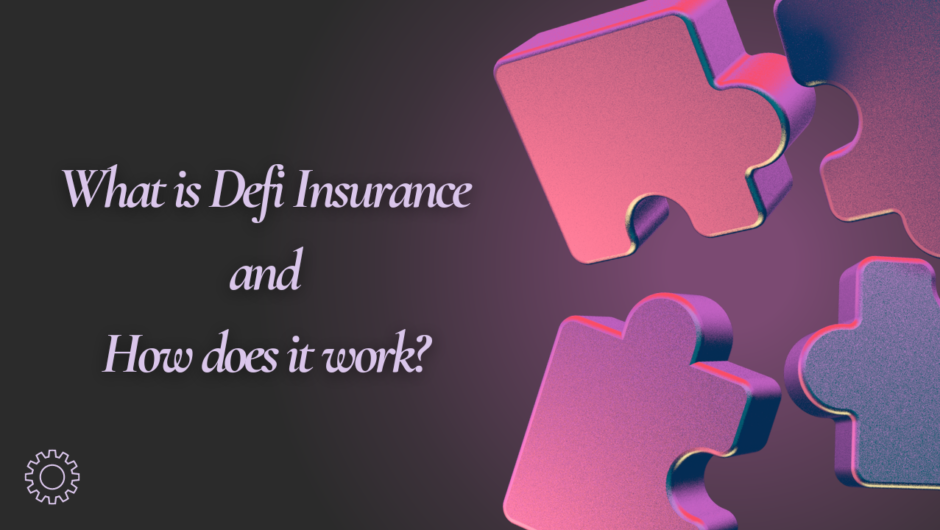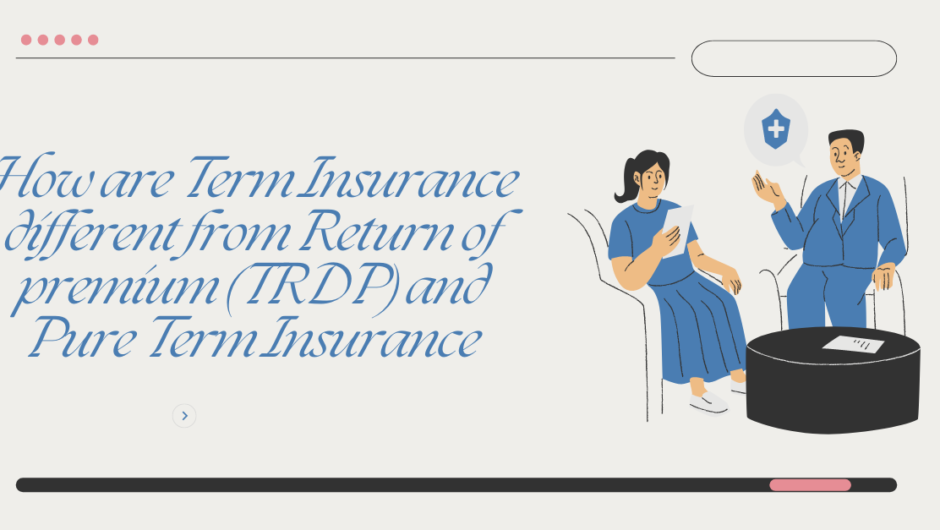Buying car insurance for the first time can be a daunting task, filled with complex jargon and numerous options. For first-time buyers, understanding the basics of car insurance is crucial for making informed decisions. This insurance not only protects against financial loss due to accidents but also ensures compliance with legal requirements. As a beginner, it’s essential to grasp key concepts such as coverage types, deductibles, and premiums. This introduction aims to simplify the process, offering clear guidance on selecting the right policy and avoiding common pitfalls. By becoming well-informed, first-time buyers can secure their vehicles with confidence.

Here are the Top tips for first time car insurance buyers:
1. Understand Coverage Options
When buying car insurance for the first time, it’s crucial to understand the different types of coverage available. Liability coverage is mandatory and covers damages or injuries you cause to others in an accident. Collision coverage pays for damage to your own vehicle resulting from a collision, regardless of fault. Comprehensive coverage provides protection against non-collision-related incidents, such as theft, vandalism, or natural disasters. Additionally, uninsured/underinsured motorist coverage helps if you’re in an accident with someone who lacks adequate insurance. Personal injury protection (PIP) or medical payments coverage can assist with medical expenses for you and your passengers. By understanding these options, you can tailor your policy to meet your specific needs and ensure you’re adequately protected. Choose the coverage that best aligns with your driving habits and financial situation.
2. Compare Multiple Quotes
One of the most effective ways to find the best car insurance policy is by comparing multiple quotes from different insurers. Start by gathering quotes from various providers to see how they stack up in terms of cost and coverage. Each company may offer different rates for similar coverage, so it’s important to evaluate the details carefully. When comparing quotes, look beyond the premium and consider factors such as the deductible, coverage limits, and any additional benefits or discounts. Additionally, take into account the insurer’s reputation for customer service and claims handling. Online comparison tools can streamline this process, but don’t hesitate to contact insurance agents directly for personalized quotes. By thoroughly comparing quotes, you ensure that you’re getting
3. Consider Your Deductible
When choosing car insurance, one of the key factors to consider is the deductible amount. The deductible is the amount you pay out-of-pocket before your insurance coverage kicks in. A higher deductible generally means lower monthly premiums, which can make your insurance more affordable. However, it also means you’ll need to pay more upfront if you make a claim. It’s important to select a deductible that fits your budget and financial situation. Consider how much you can comfortably afford to pay out-of-pocket in the event of an accident. While a higher deductible can reduce your premium, it’s crucial to balance potential savings with your ability to cover the deductible if necessary. Assess your driving habits and financial readiness to determine the deductible amount that provides the best combination of affordability and protection.
4. Check for Discounts
Many insurance companies offer a range of discounts that can significantly reduce your premium. As a first-time buyer, it’s essential to inquire about these potential savings. Common discounts include those for safe driving records, where maintaining a clean driving history can earn you lower rates. Multi-policy discounts are available if you bundle your car insurance with other policies, such as home or life insurance. Good student discounts are often offered to younger drivers who maintain a high GPA. Additionally, some insurers provide discounts for installing safety features in your vehicle, such as anti-theft devices or advanced driver-assistance systems. Be sure to ask about all available discounts and eligibility requirements. These discounts can add up and help you secure a more affordable policy while still receiving the coverage you need.

Hello, I am Tanisha Kriplani, graduated in computer science from Delhi University. I am passionate about web content writing and have a strong interest in Data Analytics and Data Engineering.












